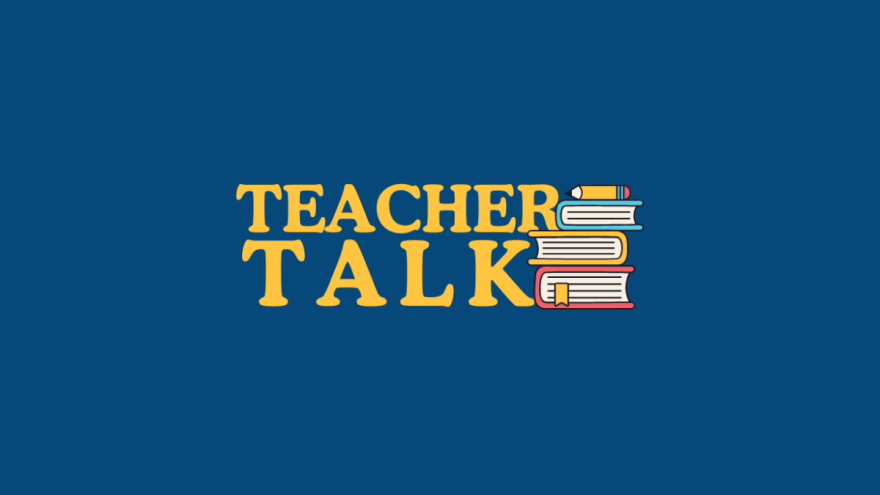After our discussion on academic rigor, I wanted to further explore the concepts of grit and growth mindset. Like many aspects of education theory, much of the talk about grit and growth mindset has been reduced to a Pinterest post that reads: “We can do hard things.” And while that isn’t entirely inaccurate (and don’t get me wrong – I love a good inspirational poster!), I thought these topics warranted a deeper conversation. Let’s get into these rich conversations about grit and growth mindset:
Success in school isn’t linked to IQ.
When Angela Lee Duckworth was teaching middle school math, she noticed that some of her smartest students weren’t doing very well in her class. Some of her less math savvy students, on the other hand, were acing her course. Deciding to leave this classroom to pursue this phenomenon, Duckworth concluded after decades of research that IQ is not correlated – and in some instances inversely related – to school achievement. What leads to success? Grit. Grit, according to Duckworth, “is passion and perseverance for very long-term goals.” People who have grit are steadfast and unwavering in their efforts. Watch Angela Lee Duckworth’s TedTalk.
Growth mindset can be taught.
While it is currently unknown how to develop grit, there is plenty of research by Carol Dweck and her colleagues on how to cultivate a growth mindset. People who have a growth mindset “grow” their mind when encountering a challenge and actually have expanded brain activity in the face of difficulty. Because they believe that intelligence is malleable and can be cultivated, they embrace problems by engaging with it. Those with a “fixed” mindset, on the other hand, run from a challenge because it threatens their view of their intelligence as an inherent trait. Simply by learning that intelligence is something that can be improved – the same way a muscle can be strengthened by exercise – increases a person’s growth mindset. Watch Carol Dweck’s TedTalk.
Self-Compassion is key to a growth mindset.
When a child comes home from school with a failing test grade, one response is to criticize. External criticism, however, eventually leads to self-criticism which causes stress, and over time can alter the brain’s ability to learn complex concepts, concentrate, and make decisions. Self-compassion, by contrast, cultivates a feeling of humanity and understanding. By practicing self-compassion, that same student can remind themselves that everyone has moments of failure, but what matters most is how they respond to that mistake. Taking time to self-reflect and be curious as to why they failed the test reminds the student that they can grow and change over time. Failure is not a permanent state. Watch Kristen Neff’s TedTalk.
Want to grow your growth mindset (or your child’s or classroom’s?) Here are few ideas:
- Use the phrase “not yet.” When trying to learn a new skill, it’s easy to quickly conclude that you “can’t” do the task if you don’t master it right away. The phrase “not yet” reminds you that while you may *not yet* have mastered the skill, you can in the future with more practice and patience.
- Acknowledge effort and persistence over labels. There is a nuanced difference between the sentiment of: “You are an artist” and “You have created art every day for a year.” When we tell ourselves or others that we “are” or “are not” something, it reinforces a fixed mindset, making it seem like our traits are permanent. Are you “bad at math” or are you simply not completing your math homework? This distinction changes the way we think. Effort and persistence are tangible actions that can show growth over time. And while you may have a knack for science, calling yourself “a scientist” is nothing more than a label.
- Be curious and compassionate. When babies are learning to walk, we know we shouldn’t shout at them: “Stop falling down you idiot!” Yet, many people take on that tone with themselves (or unfortunately others) when learning something new. Learning a new skill takes a lot of cheering, clapping, singing, falling down, and getting back up again. Give learning the same curiosity and compassion that we give babies who are learning to walk.


